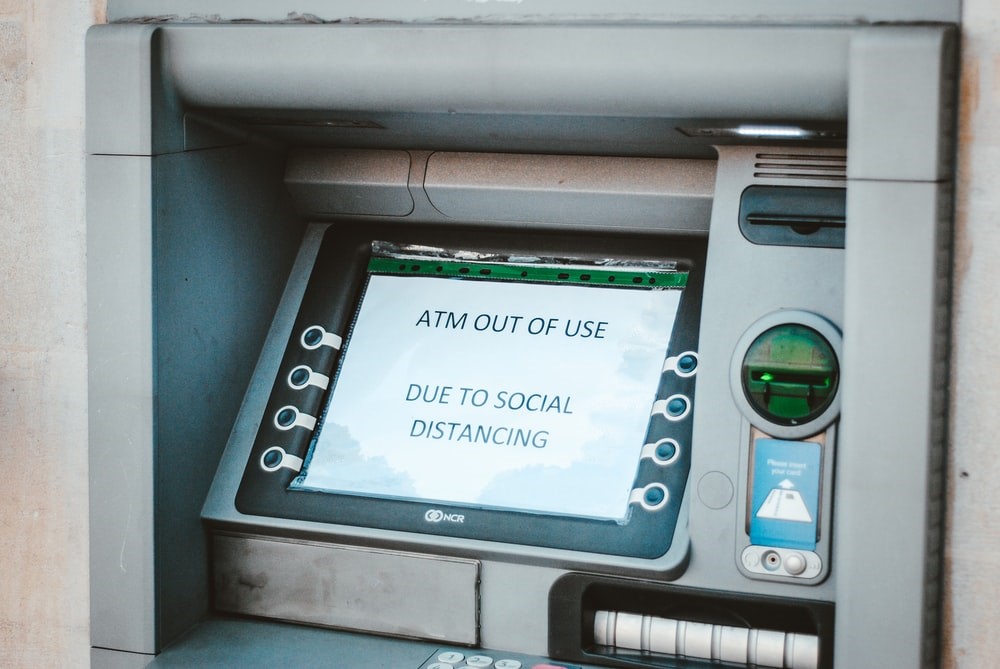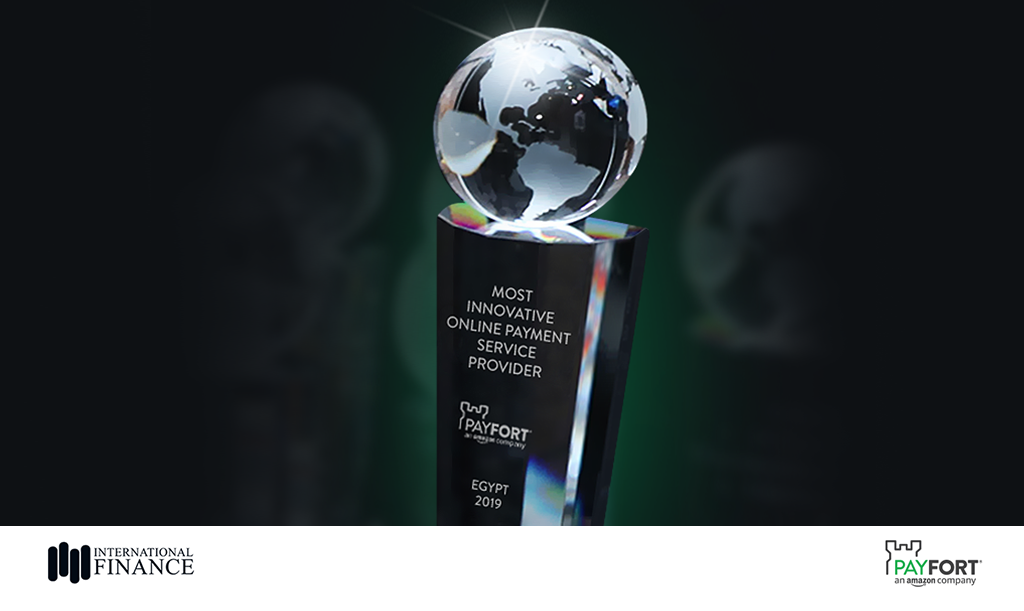6 Benefits of Blockchain Technology in Finance
6 April 2020
Blockchain has become increasingly important in the upcoming era of digital evolution, specifically in the FinTech field. The decentralized, peer-to-peer technology offers many advantages when compared to traditional finance, and it is this inherently beneficial nature that is attracting key finance players and giant financial institutions as we move forward into the digital future.
Referred to as distributed ledger technology, among other names, Blockchain’s main appeal is the huge gap between it and the conventional practices of the financial services industry, which is known for its legacy systems that in some case are more than 40 years old and hence outdated. Using a distributed ledger system, banks and FIs can cut costs, traded quicker and increase efficiency.
Here are six identified benefits of using a distributed ledger system:
1. Instant Settlements
The settlement part of transactions is what currently takes up the most time, taking up to a week while the actual transactions occur nearly instantaneously. Through Blockchain, this become optimized and saves time & money for any party involved by eliminating third parties & back office staff in banks and FIs. This aspect deserves further exploration by these institutions in order to optimize settlements
2. Improve Capital Optimization
Enabling peer-to-peer (P2P) financial transactions removes any dependency on middle men or intermediaries, and as such implies removing their incurred fees between transactions; entities like custodian banks or clearers are not part of the Blockchain process. Blockchain enables the costs of transactions to be shared among all participating banks in the process, meaning there will be a significant reduction in operational costs for any entity involved, resulting in capital optimization.
3. Reduced Counterparty Risks
Counter parties that cannot meet the obligations of a transaction present a risk that adds a substantial cost for banks, and this risk is removed when these transactions are settled almost immediately with distributed ledger technology.
4. Improved Contractual Performance due to Smart Contracts
Smart contracts are a secure gateway for agreements to occur without losing time or money in the process, by digitally executing pre-set conditions and activating the contract between parties. These contracts still need to comply with regulatory authorities and must be firmly rooted in law as well, as they must adhere to an incorruptible set of rules.
5. Increased Transparency
Blockchain grants unwavering transparency, a fundamental pillar of its existence, between any FIs that use it. This in turn provides improved monitoring, compliance and regulatory reporting by central banks around the world.
6. Reduced Error Handling and Reconciliation
Blockchain recorded data cannot be changed, and it can also be tracked in real-time, leaving a transparent and detailed trail for the community to track if needed. This key feature removes error handling and reconciliation; yet another desirable trait of Blockchain technology.
Conclusion
Blockchain technology is still a controversial concept that traditional FI’s and banks are still learning how to deploy it more efficiently. One thing is certain though: the digital banking age is upon us and innovation is a must for conventional finance houses. In that regard, if they do not adopt innovation and FinTech concepts, the newcomers and new-age banks will overly disrupt the industry and leave them wondering what they did wrong. It would be greatly beneficial for them to at least be open to understanding how distributed/decentralized technologies such as Blockchain can propel them into the digital future.
related articles

Financial Health is What FinTech Should Be Empowering

Can Blockchain Technology Affect Banking and FinTech?

The Impact of IoT on FinTech & Banking

Shifting from Disruption to Innovation through FinTech Partnerships in COVID19 pandemic.

Going Cashless is the new way to go in a Post-Coronavirus Future

How is Banking Changing with COVID-19?

The Opportunities and Threats of FinTech during COVID-19

The Impact of Coronavirus on the Financial Sector

FinTech’s Critical Role in the Battle Against the Coronavirus

How FinTech is Changing the Finance Industry.

How FinTech Can Contribute To Healthcare

Singapore FinTech Festival 2019: A Meeting of the Minds

Central Bank of Egypt Holds Third Roundtable Discussion for FinTech in Egypt

Mastercard partners with R3 to create Blockchain-enabled cross-border payment solutions

VisionBanker startup aims for radical change in eye care using Blockchain

PayFort receives ‘Most Innovative Online Payment Service Provider’ award for the second time


 0
0
 3.1k
3.1k 



Comments